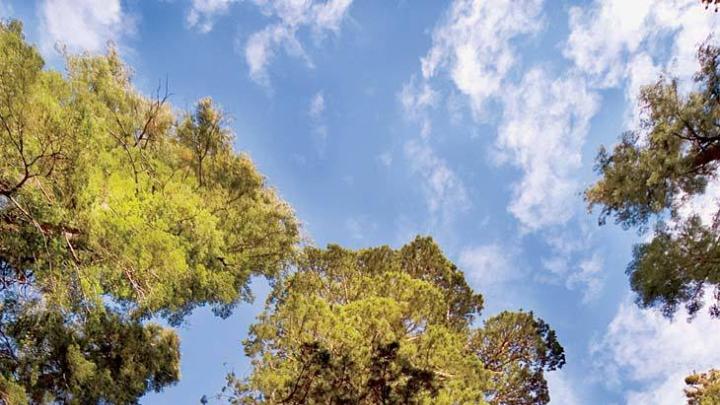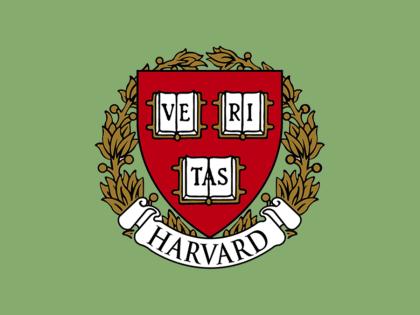Pellegrino University Professor emeritus Edward O. Wilson has written with increasing urgency about mankind’s disruption of the biosphere, and the heedless extinction of species. He continues the argument in Half-Earth: Our Planet’s Fight for Life (Liveright, $25.95), with this vivid challenge to humans’ self-perception, from the beginning of “History Redefined” (chapter 16):
History is not a prerogative of the human species. In the living world there are millions of histories. Each species is the inheritor of an ancient lineage. It exists in a point of space and time after a long journey through the labyrinth of evolution. Each twist and turn has been a gamble with the species’ continued existence. The players are the many ensembles of genes in the population. The game is the navigation of the environment in which the population lives. The payout is the share of breeding individuals in the next generation. The traits prescribed by the genes that sufficed in past generations might in the future continue to do so, but might not. The environment is also changing. In new environments the genes may keep on winning, allowing the species to survive. Or not. Some of the variants of the genes, having arisen by mutation or forming new combinations, might even cause the species population to grow and spread. But at any time in a changing environment, the species could lose this game of evolution, and its population would spiral to extinction.
The average life span of a species varies according to taxonomic group. It is as long as tens of millions of years for ants and trees, and as short as half a million years for mammals. The average span across all groups combined appears to be (very roughly) a million years. By that time the species may have changed enough to be called a different species, or else it may have split into two or more species—or vanished entirely to join the more than 99 percent that have come and gone since the origin of life. Keep in mind that every surviving species (including us) is therefore a champion in a club of champions. We all are best of the best, descendants of species that have never turned wrong in the maze, never lost. Not yet…
The human species, of course, has an evolutionary history, which reaches very far back in time beyond traditional recorded history. We, too, are the twig-end of a phylogeny. The multitudinous stories of human cultures are epics in the usual sense, but you will understand that the traits of human nature that have molded these stories are also products of evolution.…The two levels, biological and cultural, flow one into the other. This is the reason that history makes no sense without prehistory, and prehistory makes no sense without biology.







